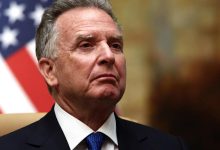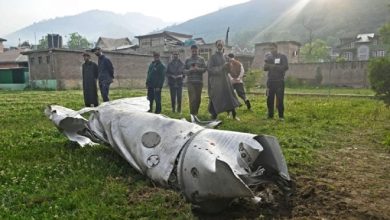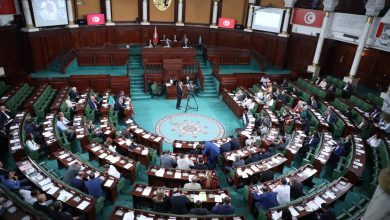U.S. Universities Warn Foreign Students Amid Trump’s Harsh Immigration Crackdown
As mass detentions and deportations expand under Trump’s second term, universities quietly advise foreign students to seek legal help and avoid travel.

Watan-American universities are advising their foreign students on how to deal with the systematic crackdown on immigrants launched by U.S. President Donald Trump since he began his second term in office. These advisories include warnings against leaving the country and guidance on how to complete their academic degrees.
Initially, U.S. immigration authorities had detained students who participated in protests against Israel’s war on Gaza and in support of Palestinians. But the scope has since expanded to target thousands of international students for arrest and deportation over minor violations that typically do not warrant such measures.
More than 20 students, immigration lawyers, and university officials told Reuters that some university advisors are secretly urging foreign students to hire legal representation and continue attending classes while appeals against U.S. government actions are underway.
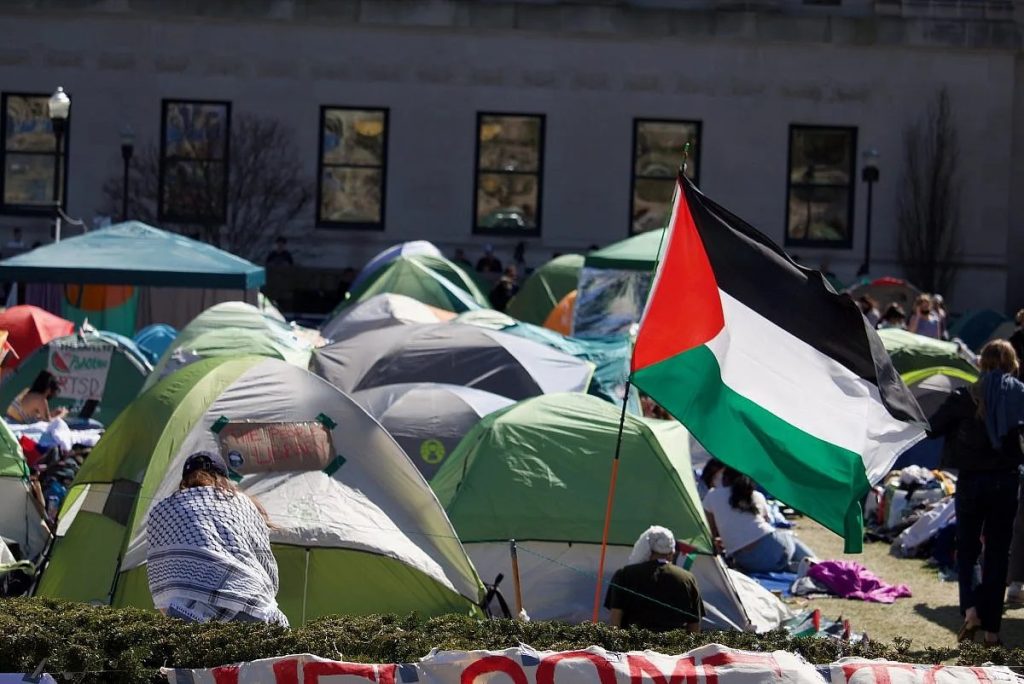
Legal Challenges Grow as Universities Defend Foreign Students from Trump-Era Deportations
Meanwhile, some university faculty members have turned to the courts to challenge the constitutionality of Trump’s executive orders used to justify these detentions.
According to the Association of American Universities, international students contributed approximately $44 billion to the U.S. economy last year, with a record number of about 1.1 million international students in the country. MIT President Sally Kornbluth emphasized that the issue goes beyond economics, stating: “We are an American university, proudly so… but our standing would diminish greatly without the global talent of students and researchers from abroad.”
The Institute of International Education reported that over half of all international students in the U.S. come from India and China. Under Trump’s administration, U.S. Immigration and Customs Enforcement (ICE) deleted over 4,700 names from the Student and Exchange Visitor Information System (SEVIS), often citing alleged “criminal activity,” according to the American Immigration Lawyers Association. A study found that half of those affected were Indian nationals.
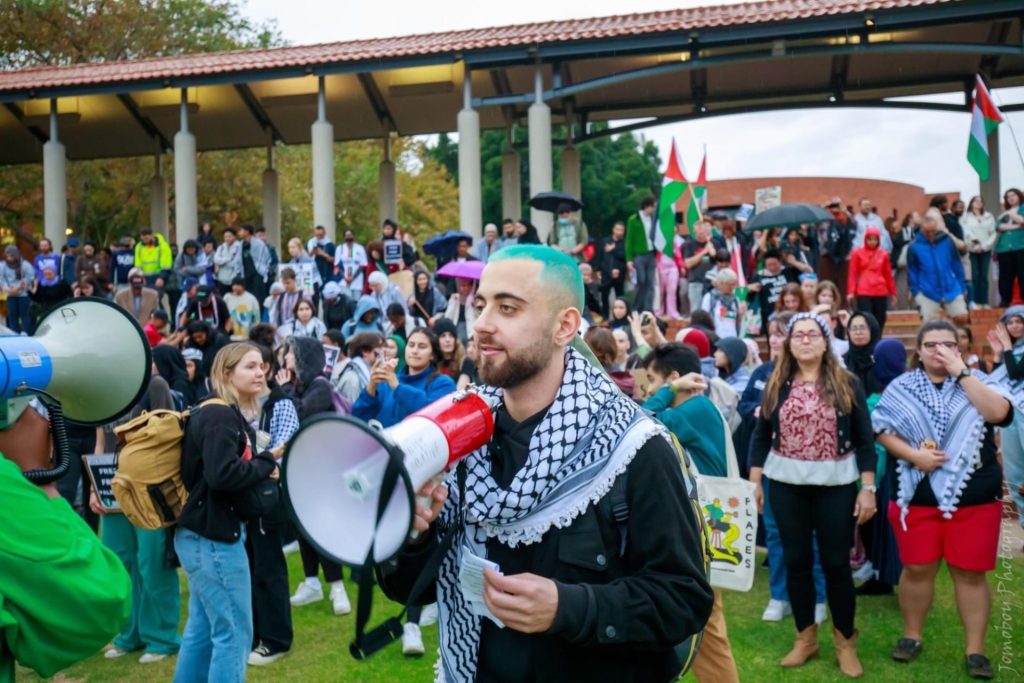
U.S. Universities Advise At-Risk International Students to Stay, Seek Legal Aid
Tricia McLaughlin, Assistant Secretary of Homeland Security, urged students whose names were removed from the SEVIS database to leave the country.
University officials are recommending that students enrolled full-time seek legal help. One anonymous advisor at a major university told Reuters that students who file legal appeals against their name removal are being allowed to continue their studies. Reuters found that more than 200 affected students have obtained court orders temporarily blocking U.S. authorities from taking action against them.
George Mason University in Virginia urged students to consult with their academic advisors on how to complete their courses. Similarly, a spokesperson for the University of California said they are exploring ways to ensure students can continue their education.
As the summer break approaches, Duke University in North Carolina recently warned its international students not to leave the U.S. due to fears they may not be allowed to return for the fall semester.
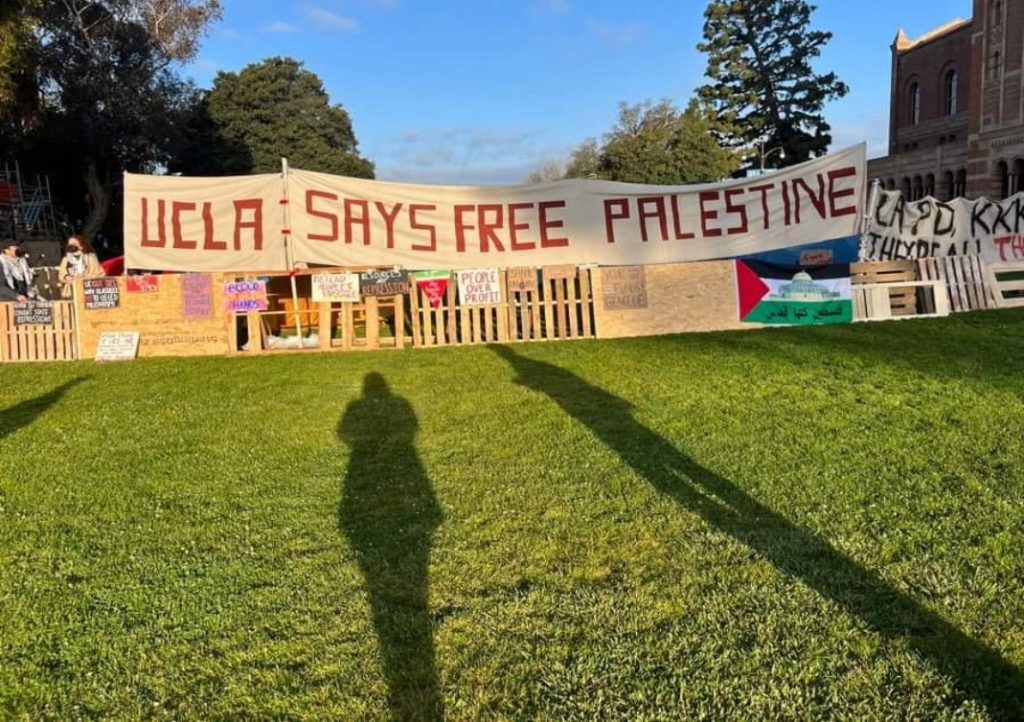
Poll: Immigration Remains Trump’s Strongest Issue—But Many Say He’s Gone Too Far
A poll by the Associated Press and the NORC Center for Public Affairs Research revealed that immigration remains President Trump’s strongest issue. However, a significant portion of American adults say he has gone too far.
According to the poll, 46% of U.S. adults approve of Trump’s immigration handling—a figure about 10 points higher than his approval for economic and trade policy. Despite deep divisions, nearly half of respondents said Trump has “gone too far” in deporting undocumented immigrants. Opinions were also split over the deportation of Venezuelan migrants accused of gang ties, and there was stronger opposition to revoking student visas over participation in pro-Palestinian activism.


